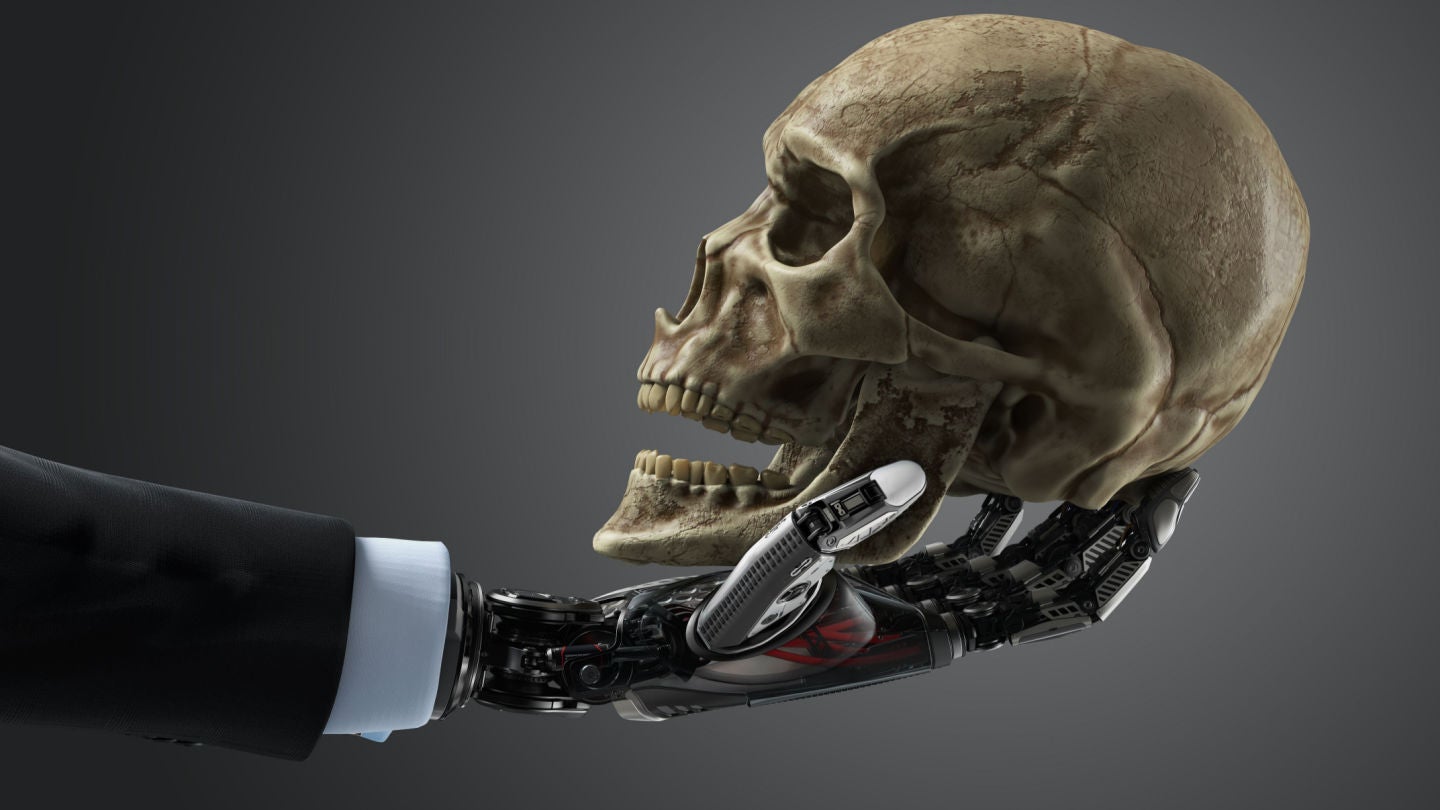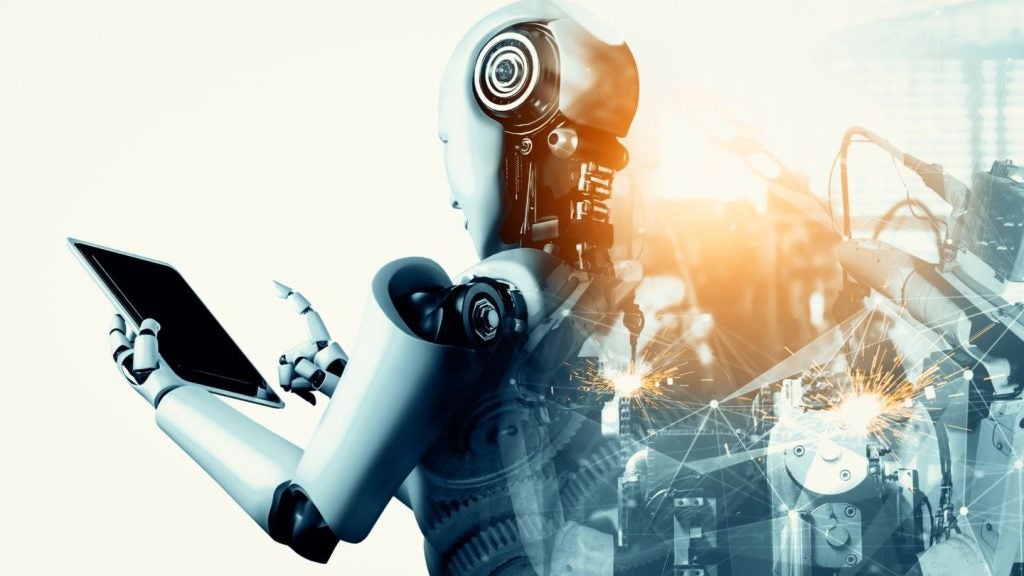The idea of organoid intelligence is bringing to life themes that were once considered to be confined only to the realm of science fiction movies. Like the iconic Terminator that Arnold Schwarzenegger portrayed in the 1984 science fiction classic, organoid intelligence has the potential to generate artificial neural networks with the ability to analyse and process data, mimicking the cognitive capabilities of living organisms.
A dystopian conundrum
Emerging Natural Language Processing technologies are receiving a lot of flak from users for racial bias and egocentric responses due to a lack of neutrality in their design. For instance, ChatGPT has been under the scanner for its inherently biased data, which is obtained from large volumes of text from various sources. The advancement of organoid intelligence technology could encounter comparable ethical concerns, notably in potentially dystopian settings where the consequences of such technology could lead to undesirable outcomes.
Artificial intelligence has faced criticism from prominent figures such as Stephen Hawking and Yuval Noah Harari, who have warned of its potential existential threat to humanity in the past. While progress on Artificial General Intelligence (AGI) has been limited, the development of organoid intelligence raises similar concerns that could potentially distort the collective consciousness of the human race.
Positive aspects of organoid intelligence
In medical research, organoids have the potential to revolutionize drug discovery and personalized medicine by accurately testing potential treatments. In the case of global pandemics, such as the 2019 coronavirus outbreak, vaccine development requires a speed that breaks the sound barrier. Organoid intelligence can aid in these endeavors by providing a better understanding of disease mechanisms, enabling a faster time to market for vaccines.
Organoids can also be beneficial in environmental research. They can be used to study the effects of global warming, climate change, and pollution on different living organisms and species, including humans. They can help identify different reaction mechanisms by which these stressors affect internal organs and tissues, leading to a better understanding of the impacts of these stressors on our health.
Organoids can be used to develop new crops with desirable traits, such as disease resistance, higher yields, and improved nutritional content. They can also be used to test the safety of pesticides and other agricultural chemicals.
How well do you really know your competitors?
Access the most comprehensive Company Profiles on the market, powered by GlobalData. Save hours of research. Gain competitive edge.

Thank you!
Your download email will arrive shortly
Not ready to buy yet? Download a free sample
We are confident about the unique quality of our Company Profiles. However, we want you to make the most beneficial decision for your business, so we offer a free sample that you can download by submitting the below form
By GlobalDataIn summary, organoid intelligence has the potential to impact a wide range of fields beyond medical research. By providing more accurate and efficient testing methods, organoids can help advance drug discovery, toxicology testing, personalized medicine, agriculture, and environmental research, ultimately leading to better outcomes for human health and the environment.








